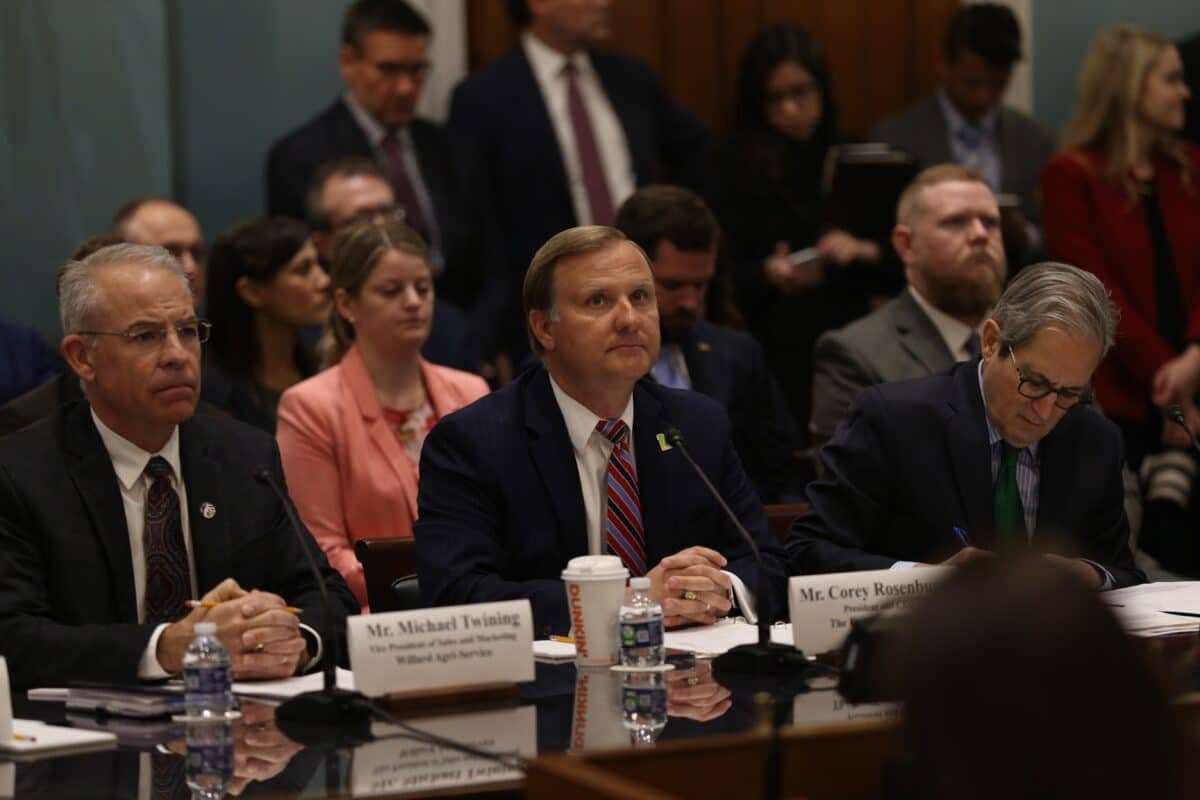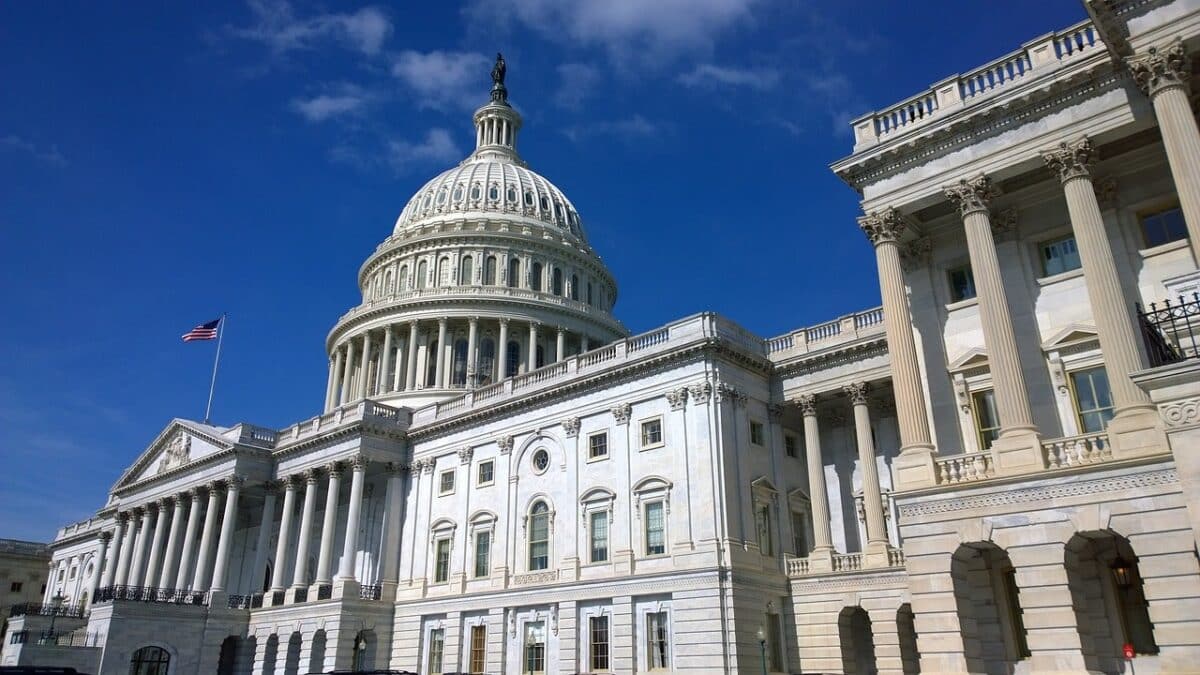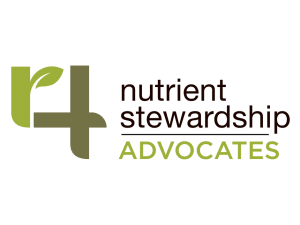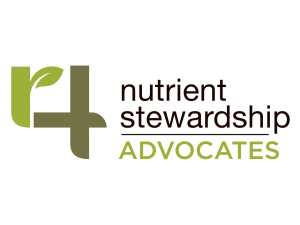The ACE Act Could Grow 4R Research

The Advancing Cutting Edge (ACE) Agriculture Act (S.834) was introduced in the US Senate by Senators Michael Bennet (D-CO) and Roger Marshall (R-KS) on March 16, 2023. The legislation will establish a new program within the U.S. Department of Agriculture (USDA) called the ACE Agriculture Research and Extension Program, which would provide grants to universities, research institutions, and other organizations to conduct research and develop new technologies and practices in areas such as precision agriculture, plant and animal breeding, soil health, and water management.
The ACE Agriculture Act aims to promote innovation in American agriculture and help farmers and ranchers stay competitive in a rapidly changing global marketplace. By investing in research and development, the bill seeks to support adopting cutting-edge technologies and practices that can increase productivity, reduce costs, and improve sustainability in the agriculture sector, including research related to 4R Nutrient Stewardship.
The 4R Nutrient Stewardship, also known as the 4Rs, is an approach to fertilizer management that involves using the right source of fertilizer, at the right rate, at the right time, and in the right place. This approach aims to optimize nutrient use efficiency and minimize nutrient losses to the environment, promoting sustainable agricultural practices. Studies have shown that using the 4R method has proven benefits, including reducing nutrient losses and increasing yields.
The 4R Research Fund was established to develop sustainability indicators and environmental impact data for the implementation of 4R Nutrient Stewardship across North America. The fund offers essential resources to measure and document the economic, social, and environmental impacts of 4R Nutrient Stewardship.
4R Research encompasses a broad range of studies related to nutrient management, including research on fertilizer formulation and application, soil health, crop yields, and environmental impacts. The 4R Research website, https://www.4rresearch.org/us-funded-projects/, lists industry and government-funded research projects related to 4R Nutrient Stewardship, which can be a valuable resource for individuals interested in learning more about current research in this area.
The most important part of all research is finding ways it can be practically applied and publicly promoted. The 4R Advocates program is an initiative by The Fertilizer Institute (TFI) to recognize individuals and retailers who implement 4R Nutrient Stewardship concepts on their farms. Each year, some of the top 4R farmers and retailers in the U.S. are selected by TFI as annual 4R Advocates. These farms actively demonstrate the 4R Nutrient Stewardship concept, which is shown to maximize crop yields while minimizing nutrient loss to the environment and improving soil health.
The ACE Agriculture Act is related to 4R Research and 4R Nutrient Stewardship. It seeks to fund research on sustainable agricultural practices, including research related to 4R Nutrient Stewardship, to support the long-term sustainability and productivity of the U.S. agricultural sector. As part of its efforts to support sustainable agriculture, the ACE Agriculture Act includes funding for research on 4R Nutrient Stewardship practices, including plant and soil health, precision agriculture, and water management programs aimed at reducing the environmental impact of agriculture activities.
In addition to funding research, the ACE Agriculture Research and Extension Program would provide funding for extension services to help farmers and ranchers adopt new technologies and practices in their operations. This could include training and education on 4R Nutrient Stewardship practices, as well as other sustainable agriculture practices.
The ACE Agriculture Act and the 4R nutrient stewardship framework both aim to promote sustainable agriculture practices that can improve productivity, reduce costs, and improve environmental outcomes in the agriculture sector. The research funded by the ACE Agriculture Research and Extension Program could include studies on the 4R nutrient stewardship framework and its application in different agricultural systems. This could consist of adopting 4R practices by providing funding for research and development in areas such as precision agriculture, soil health, and water management. While the ACE Act will increase funding for new research and applied agricultural science, organizations like TFI are critical in sharing the importance and impact of these efforts with the public.







